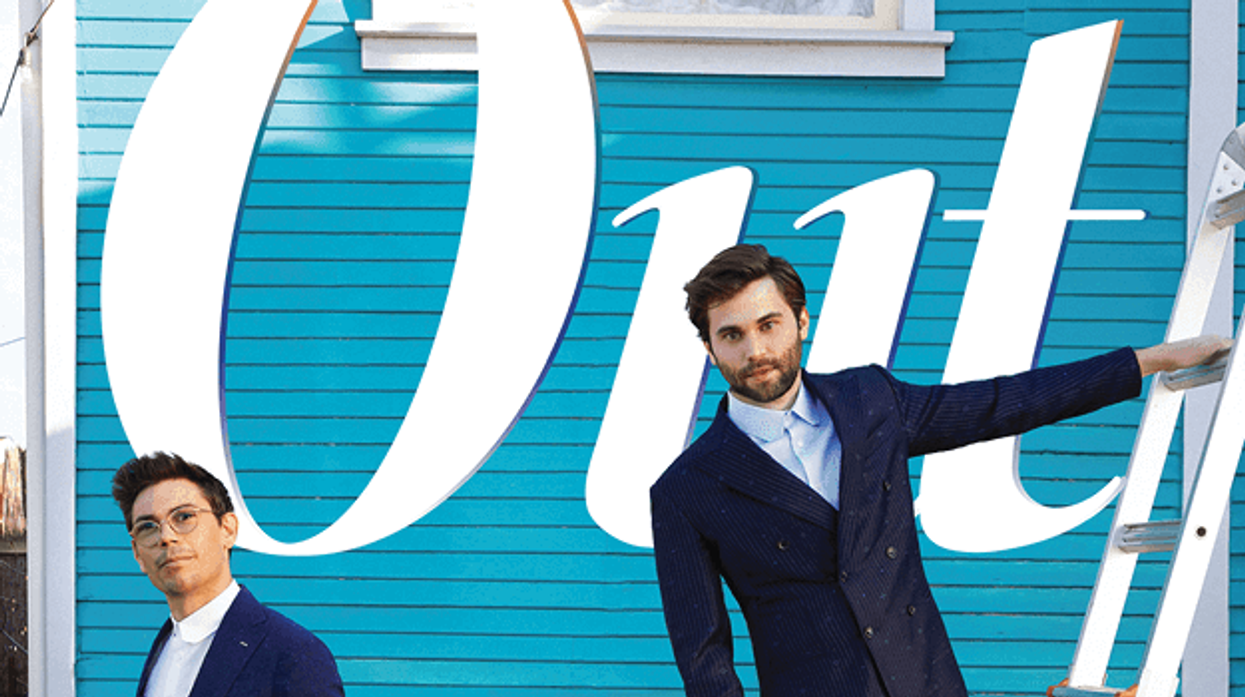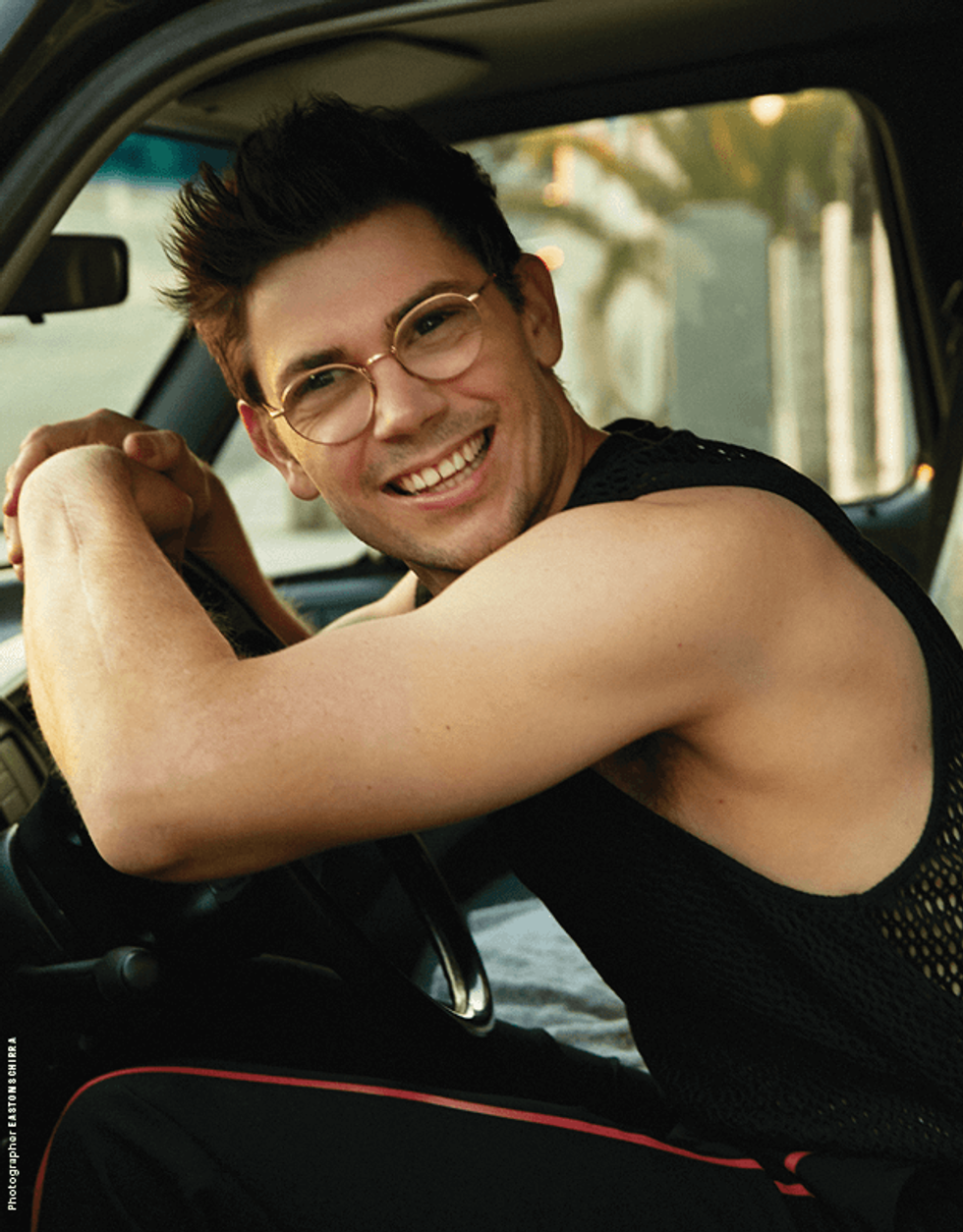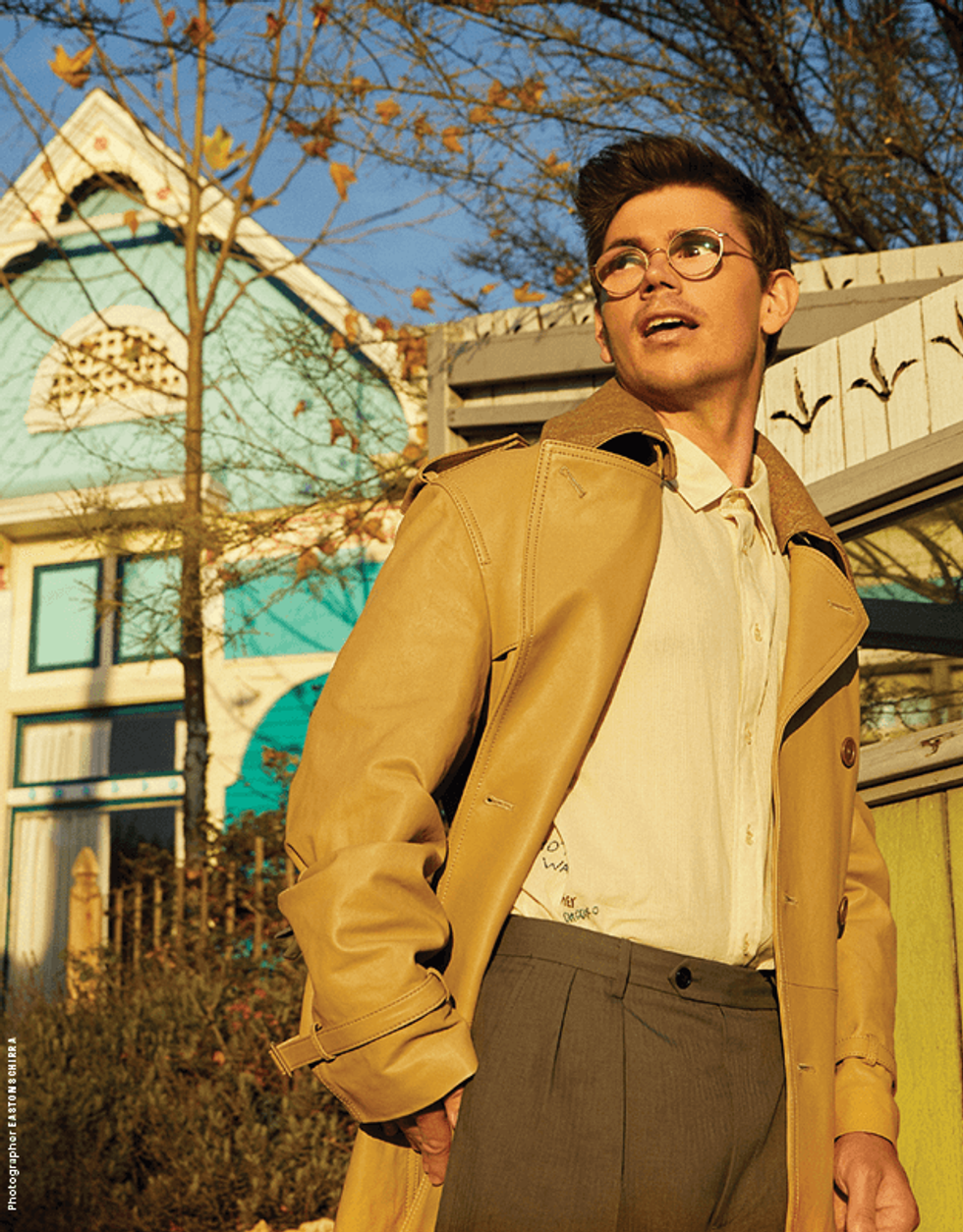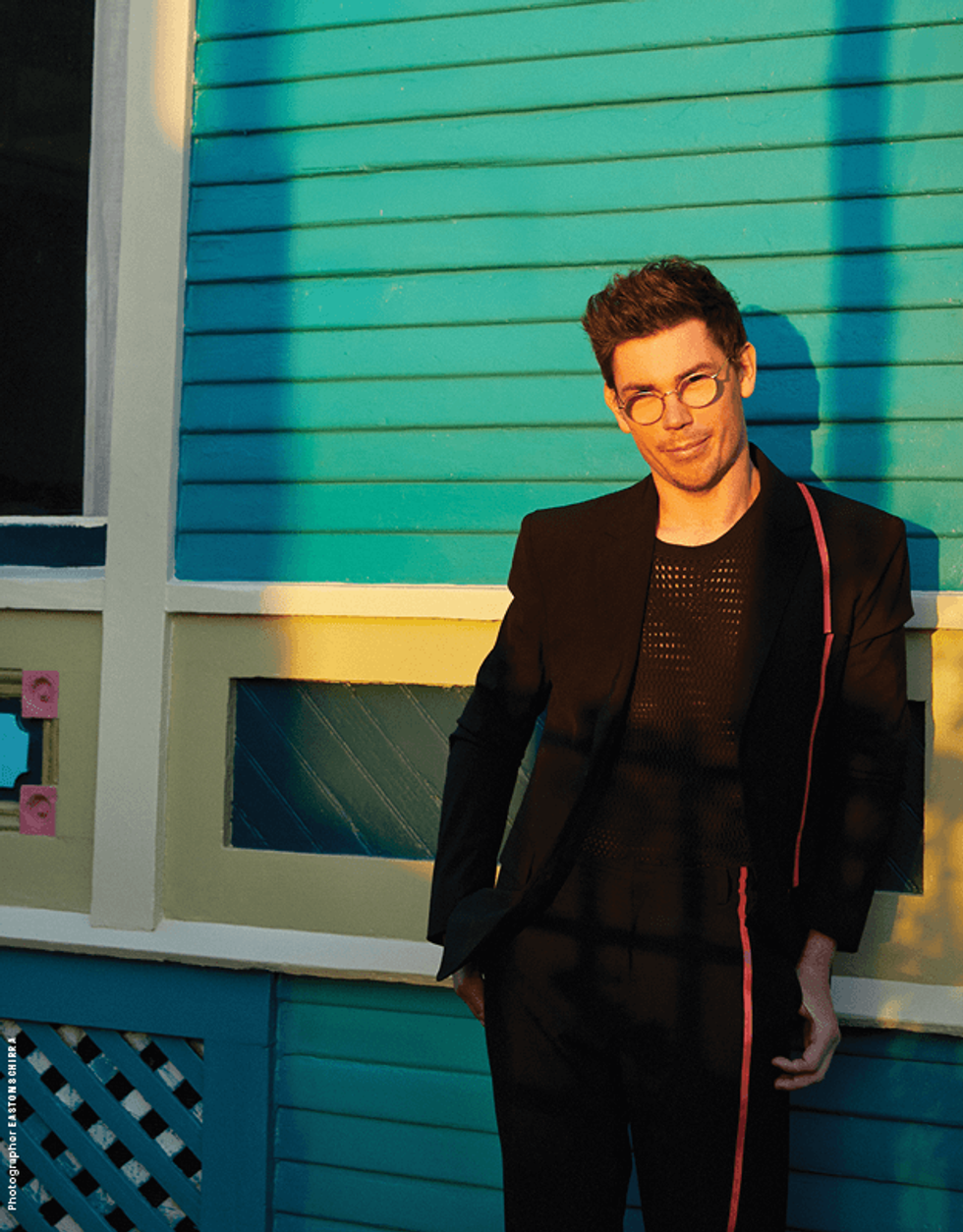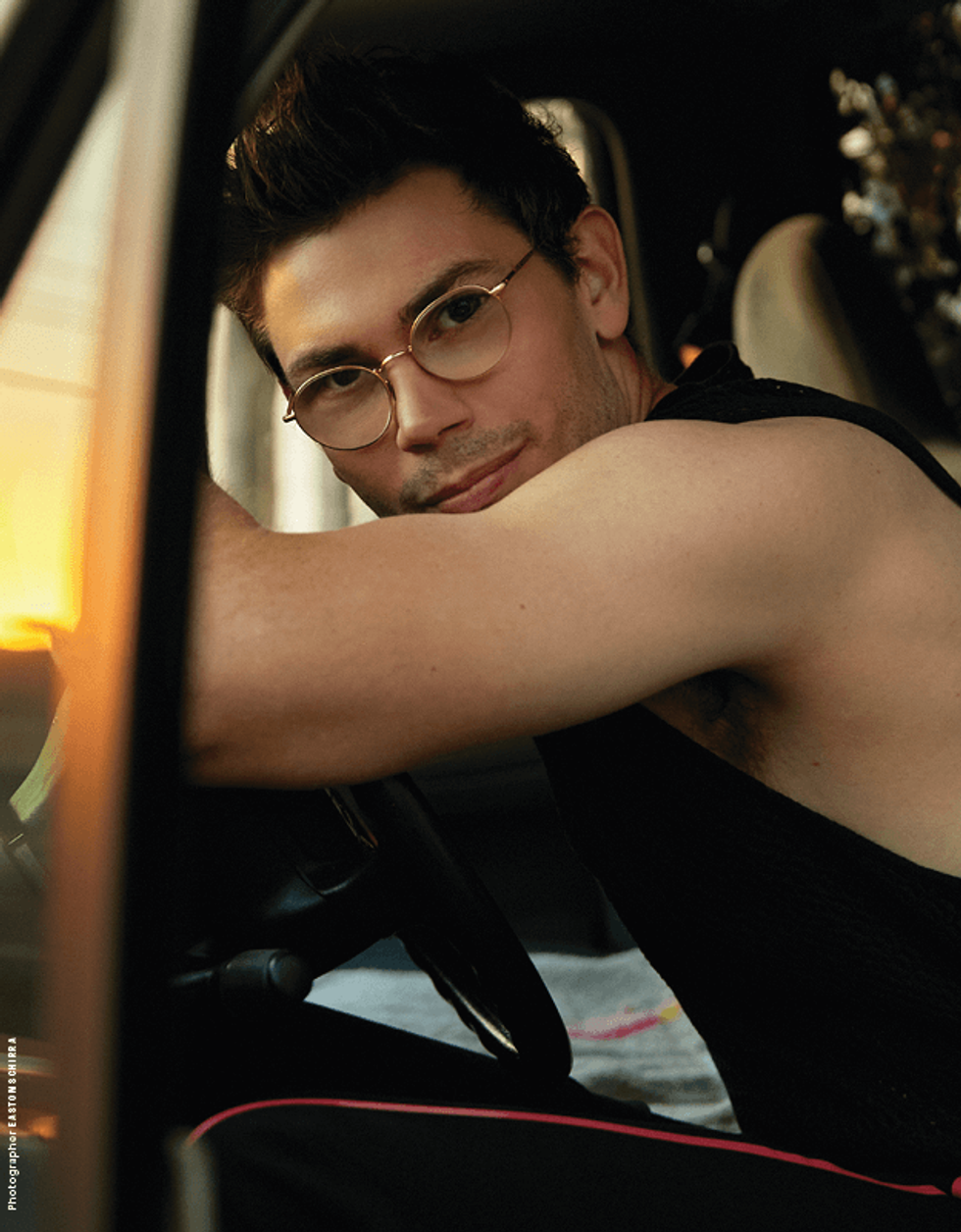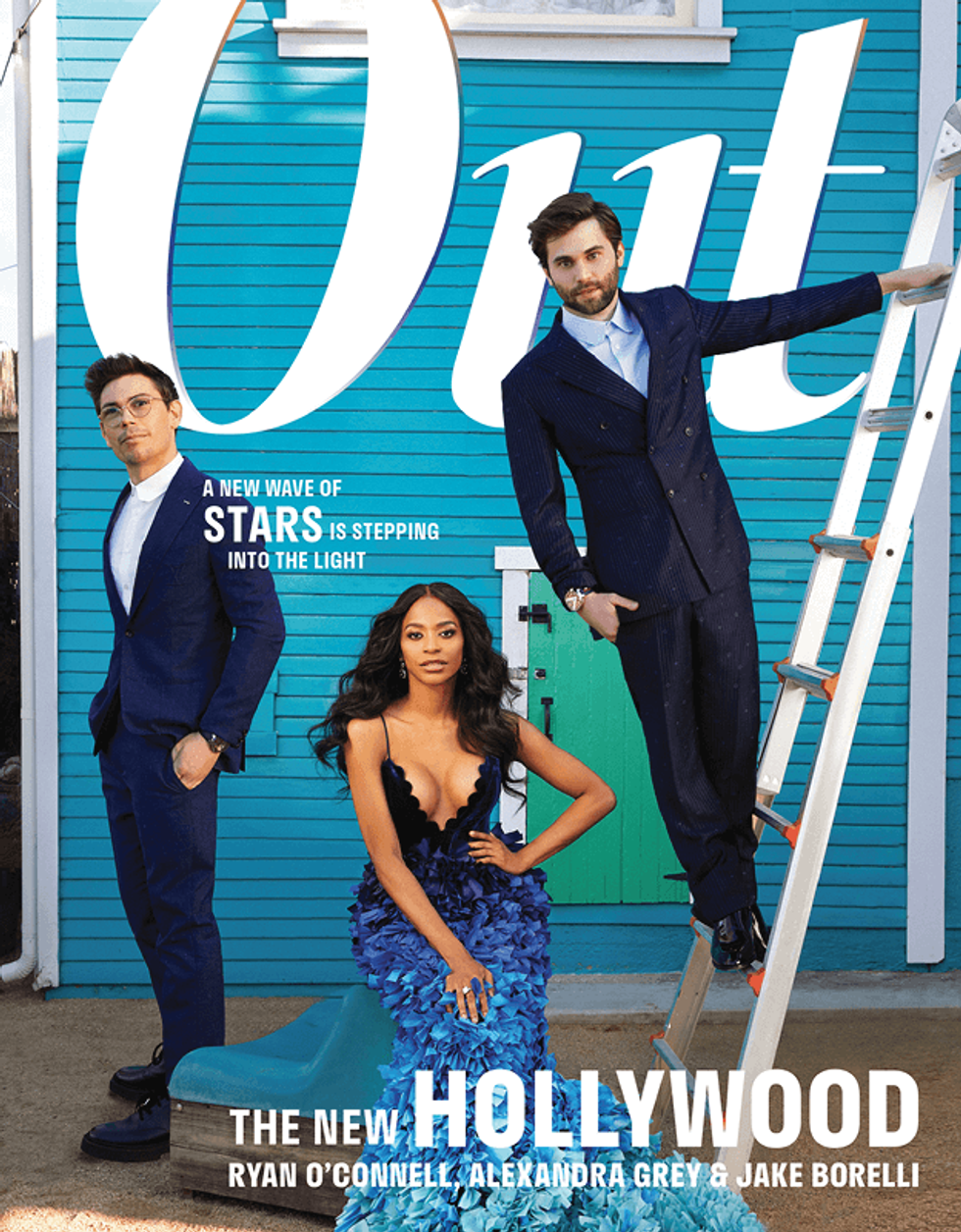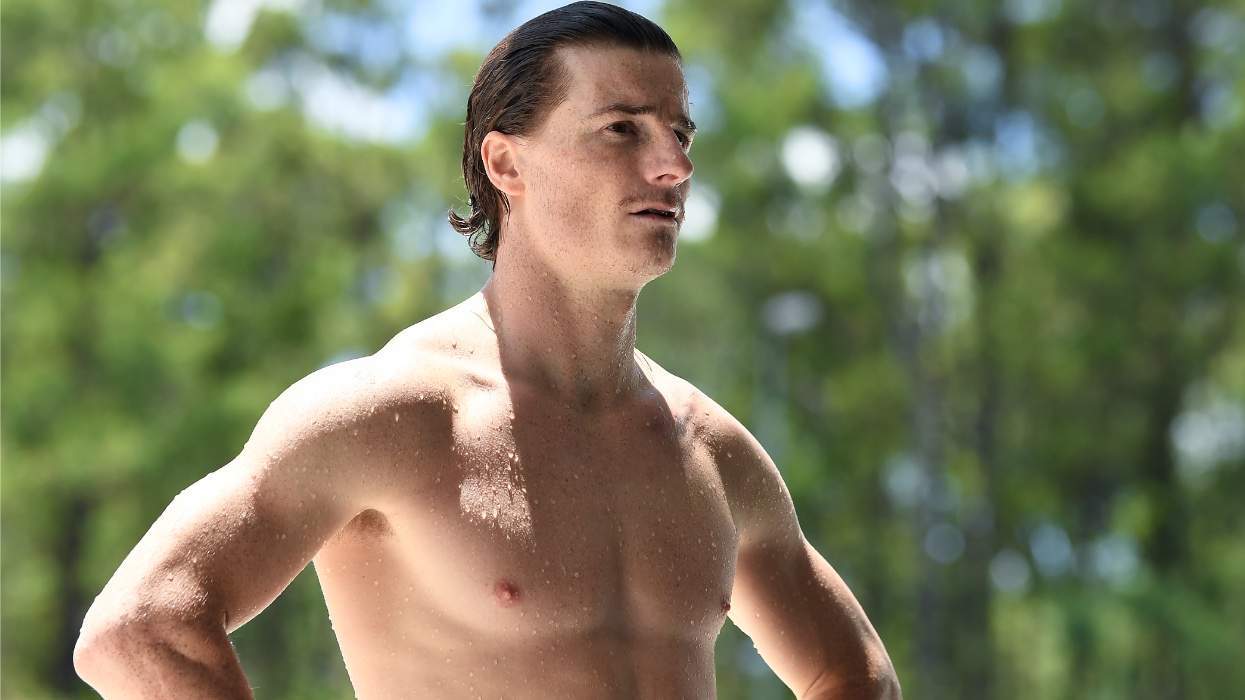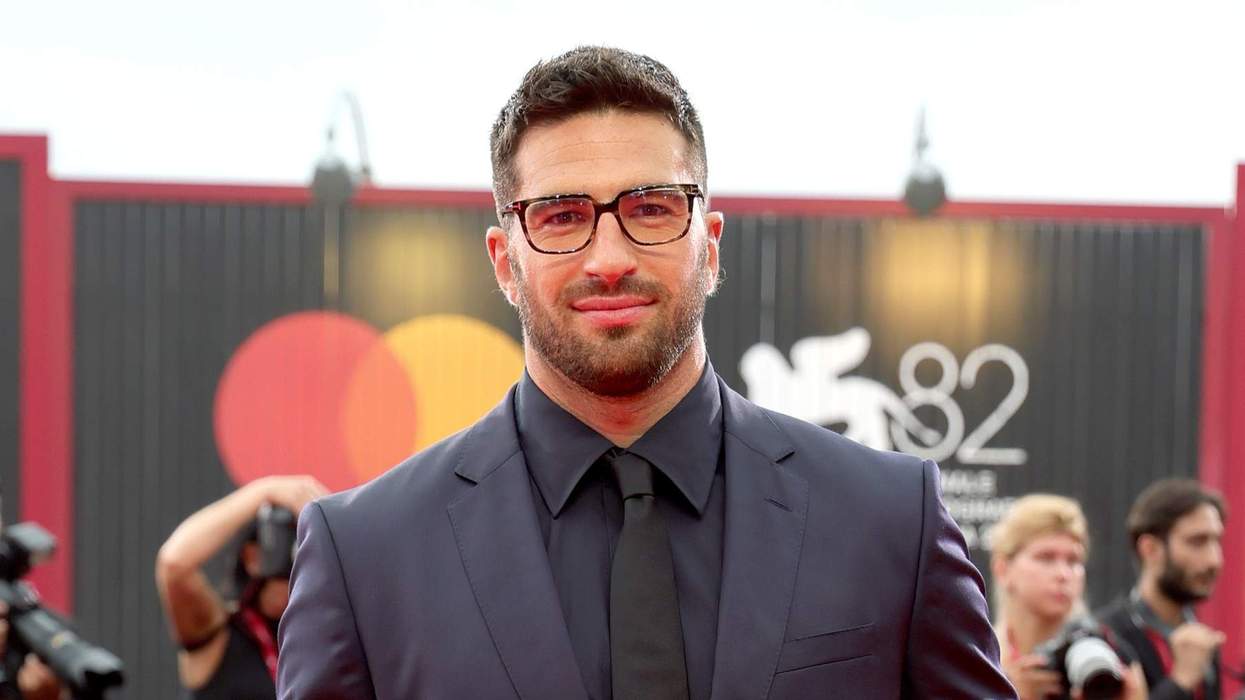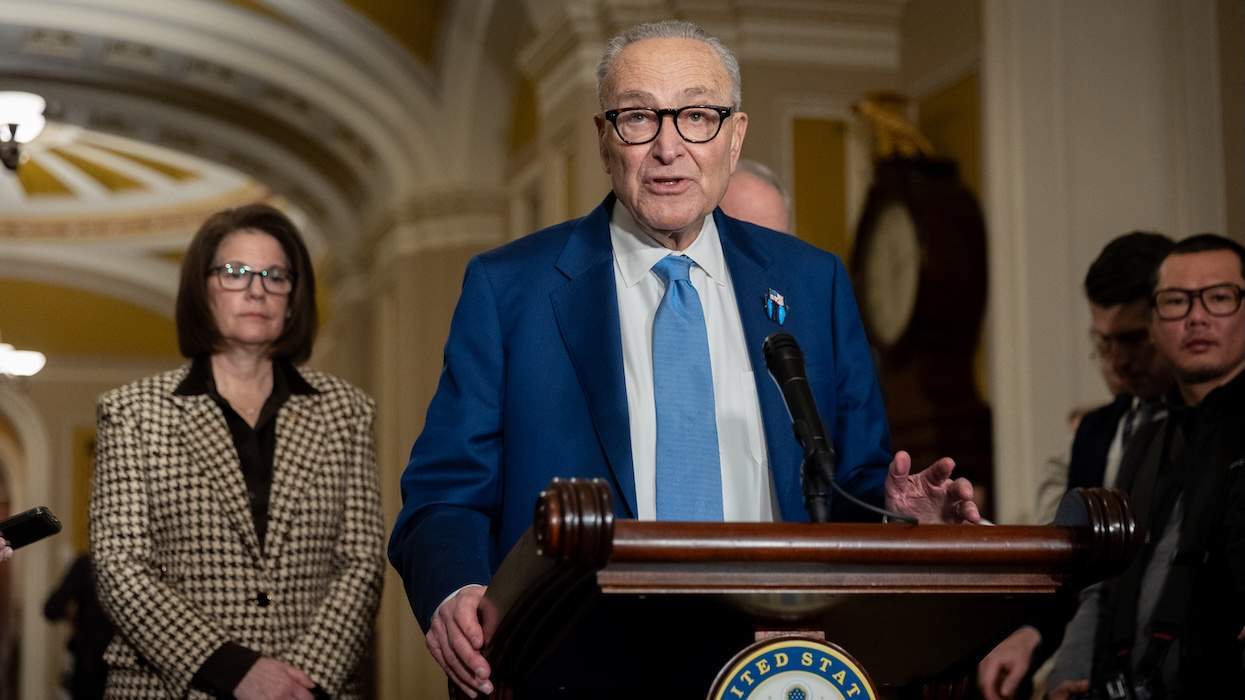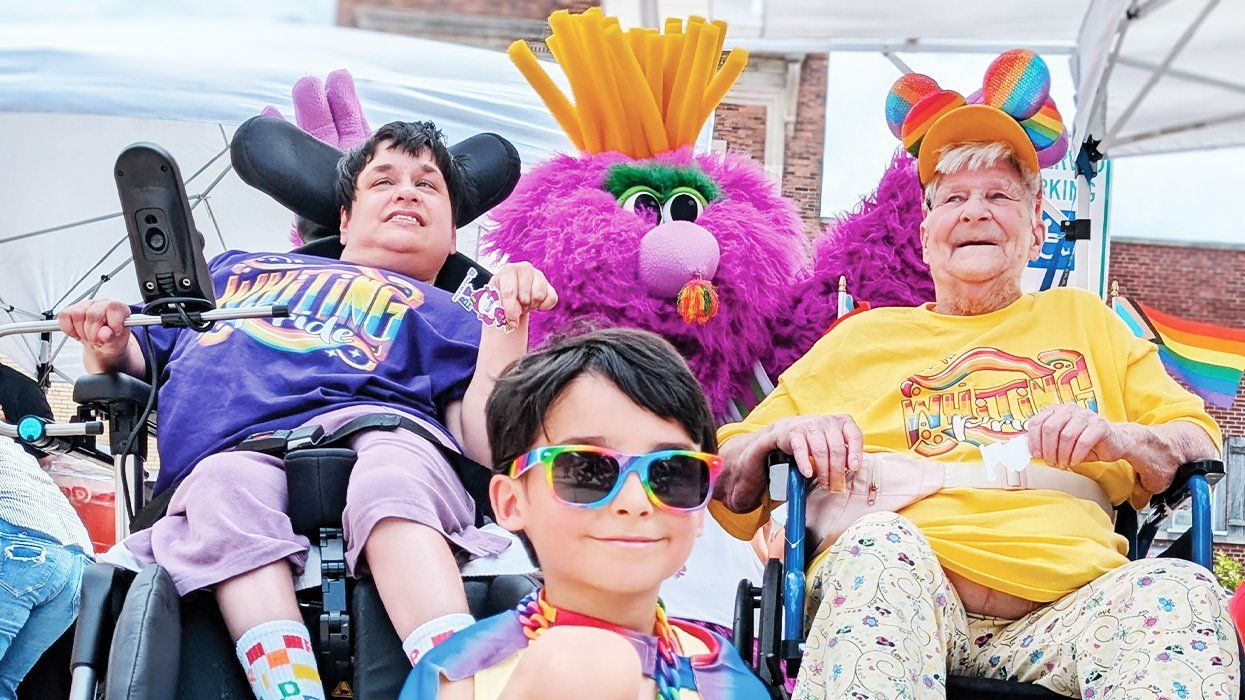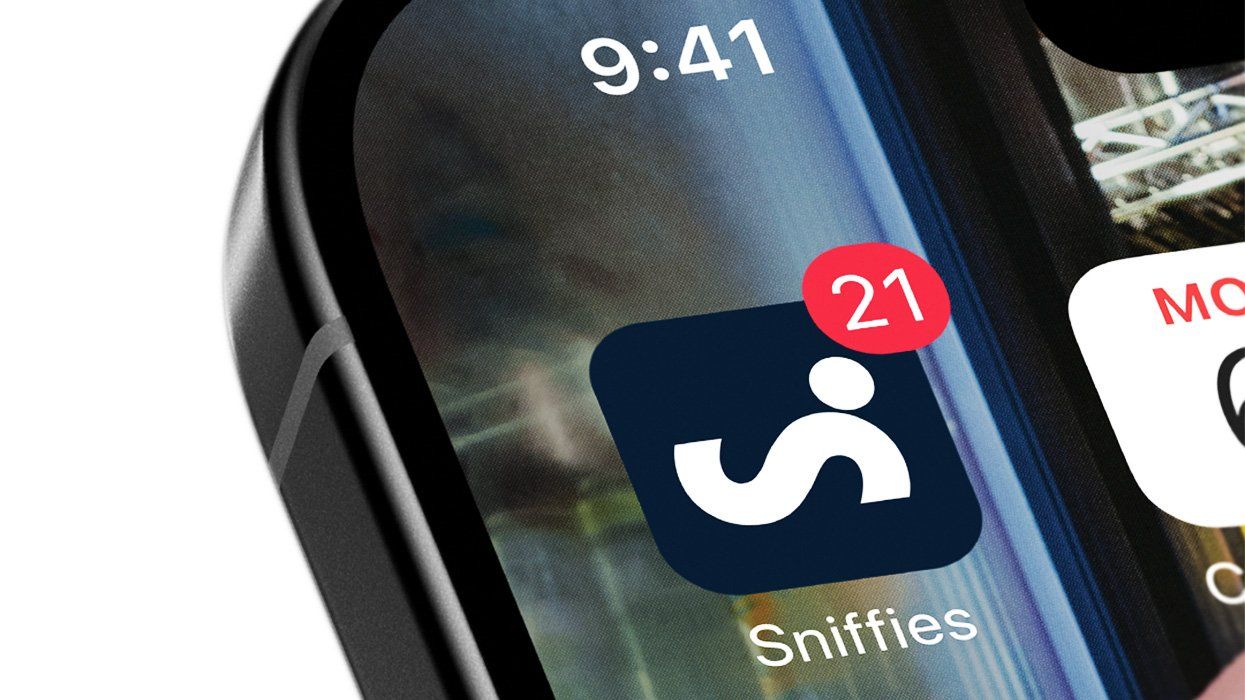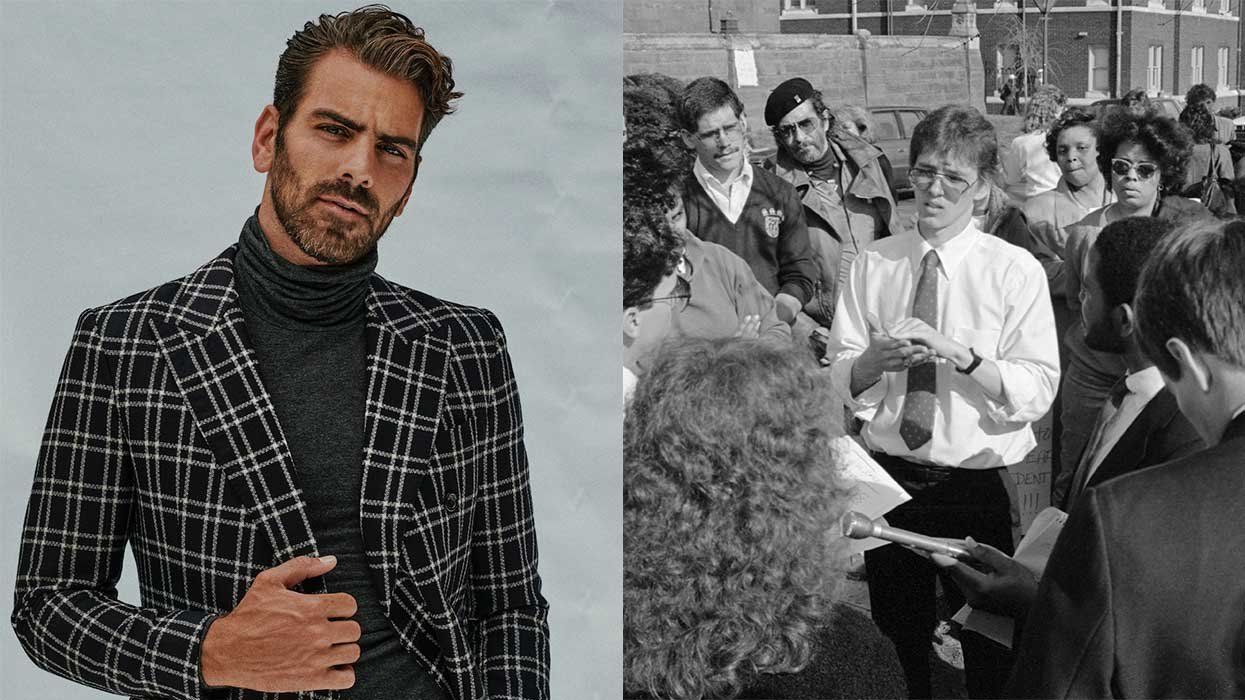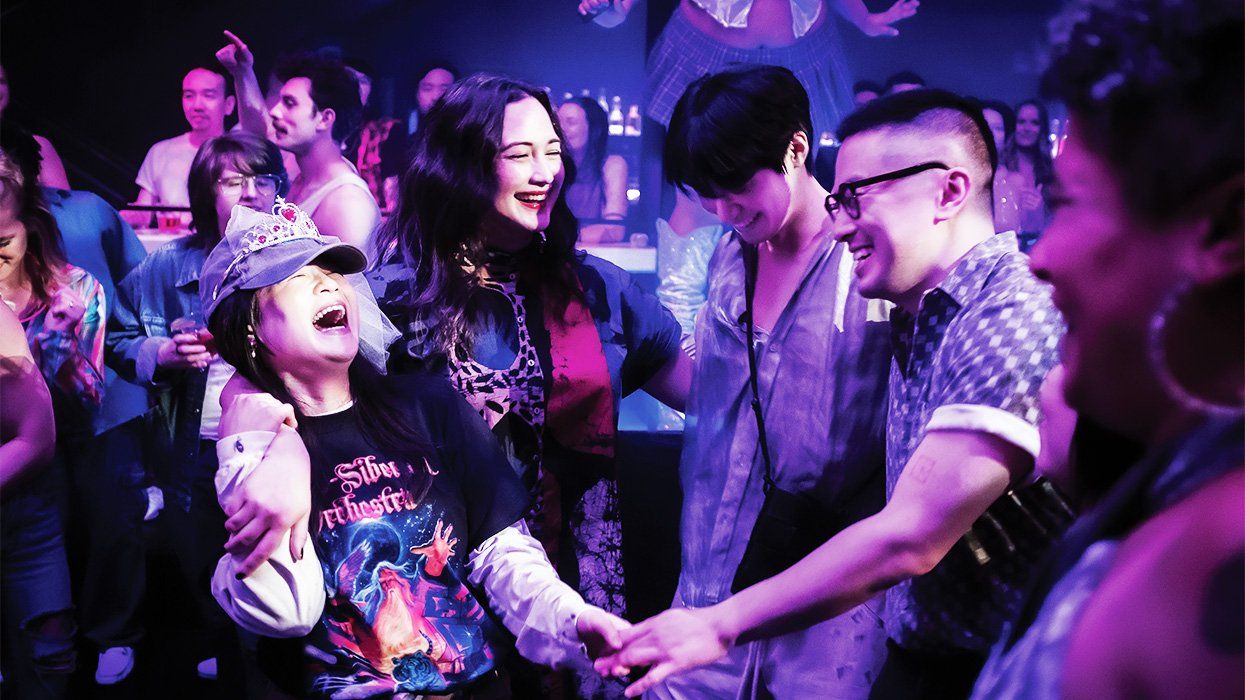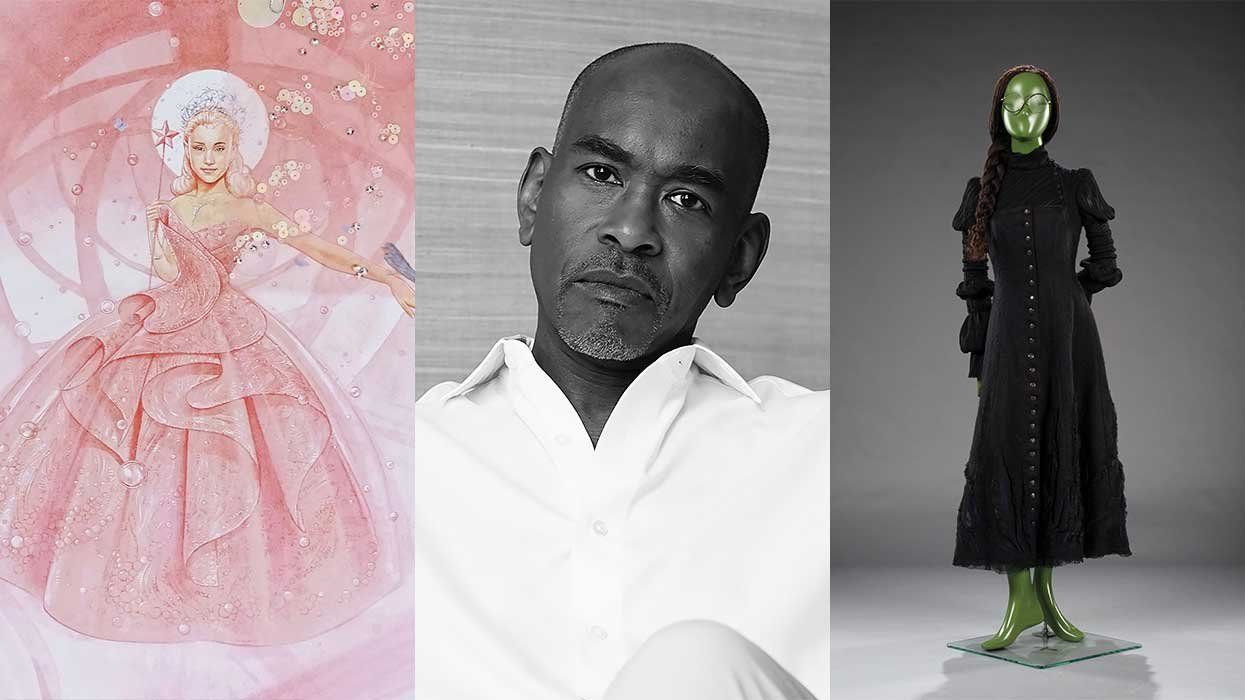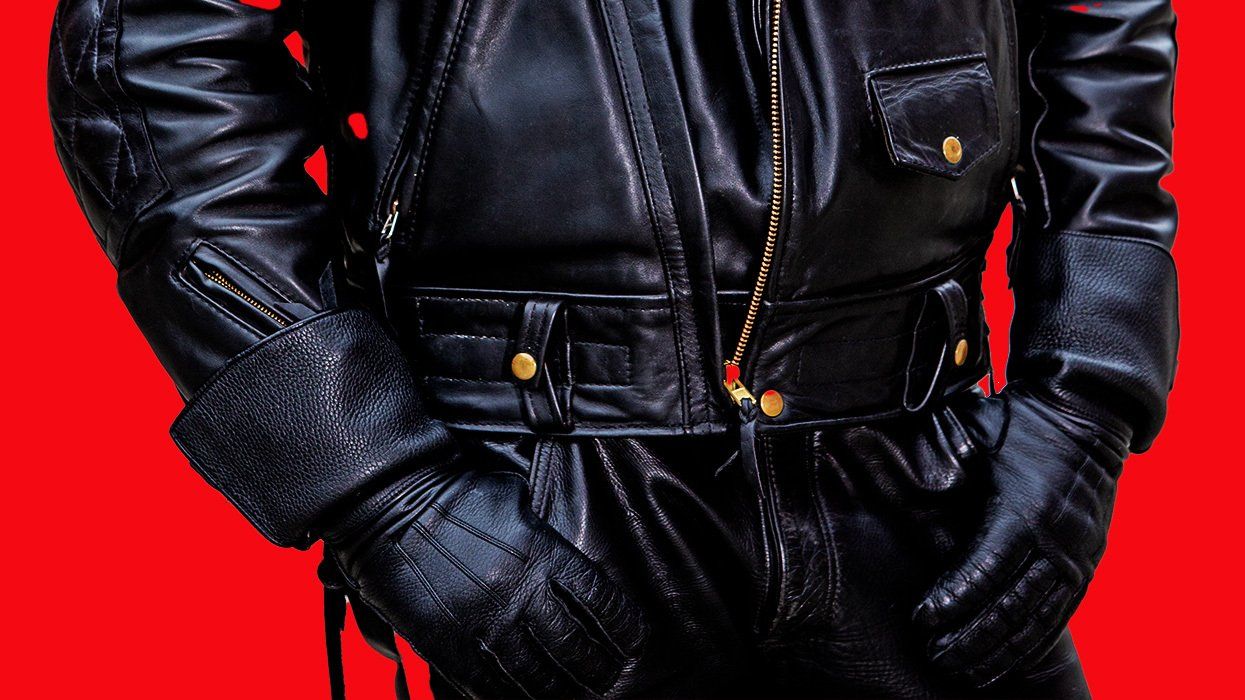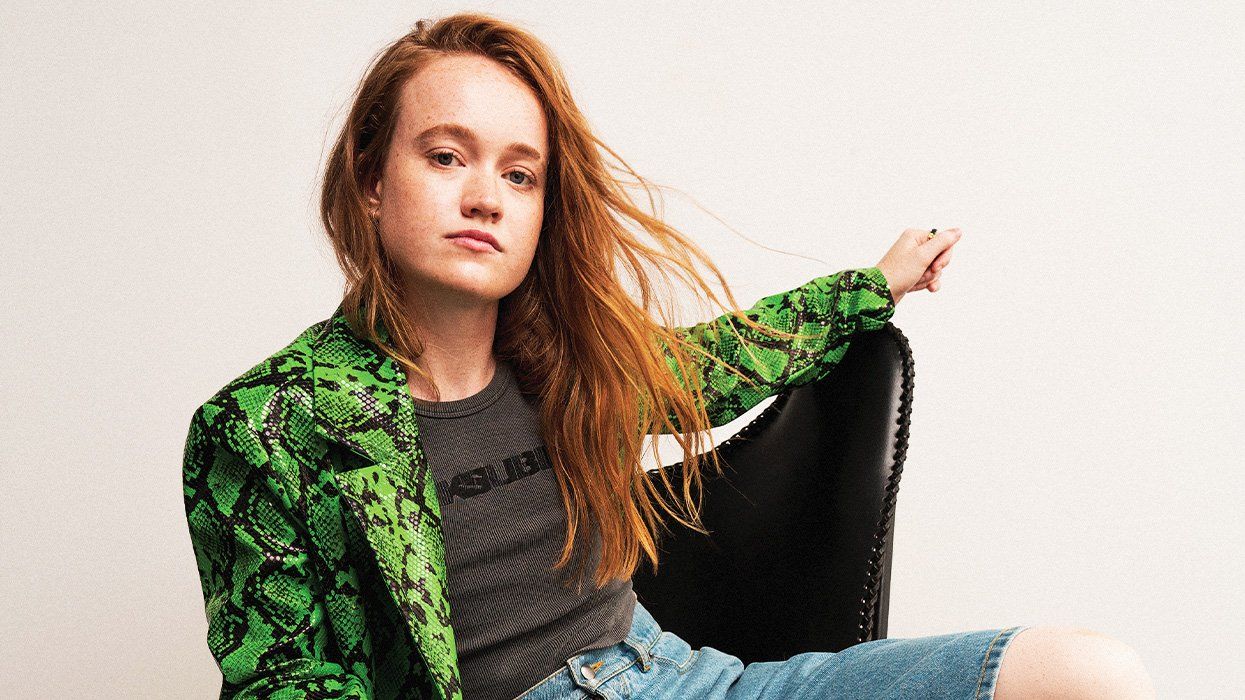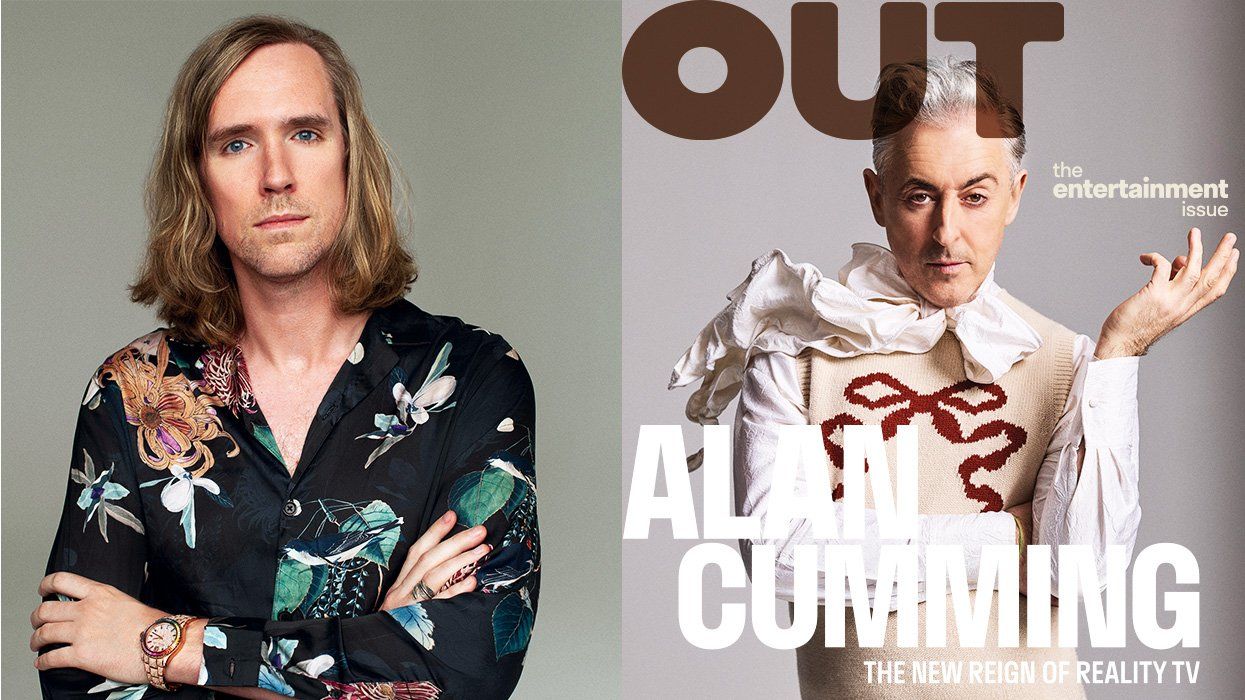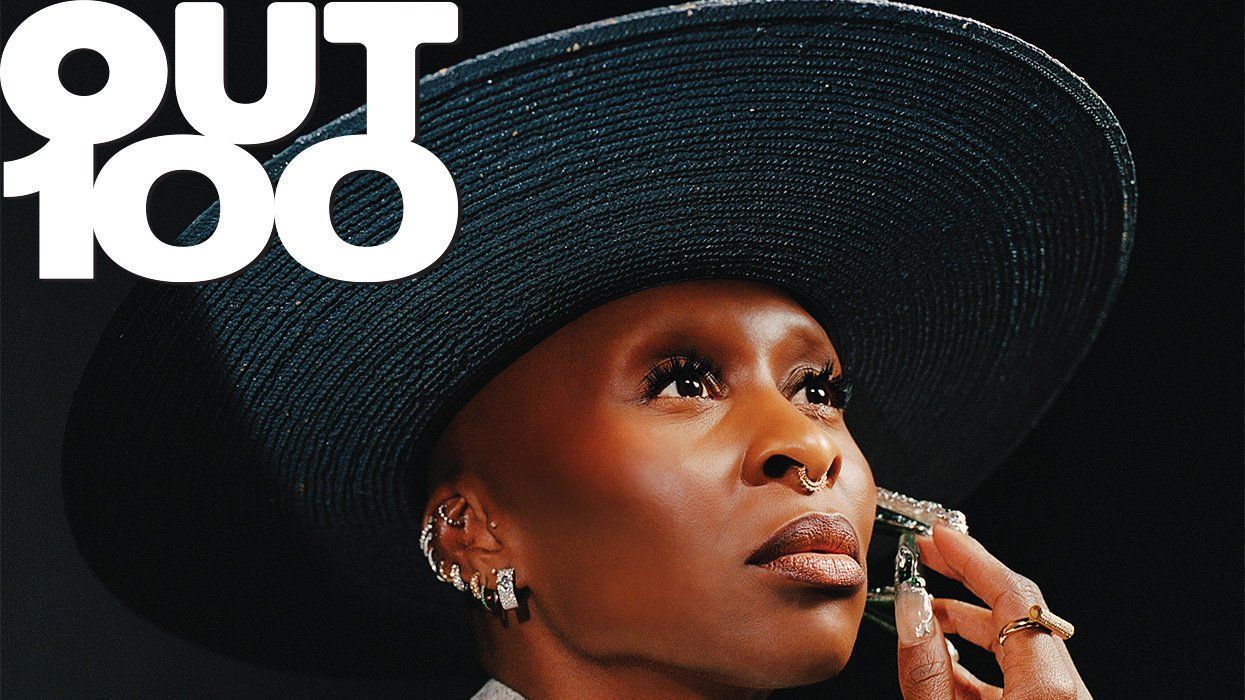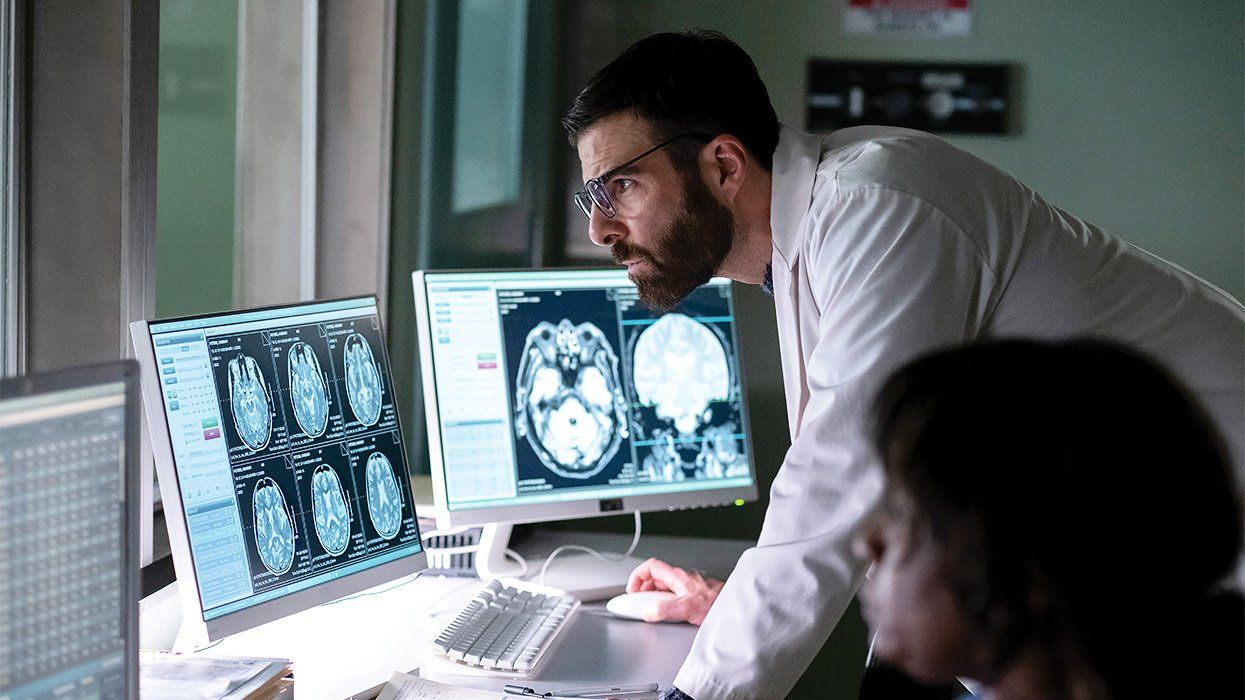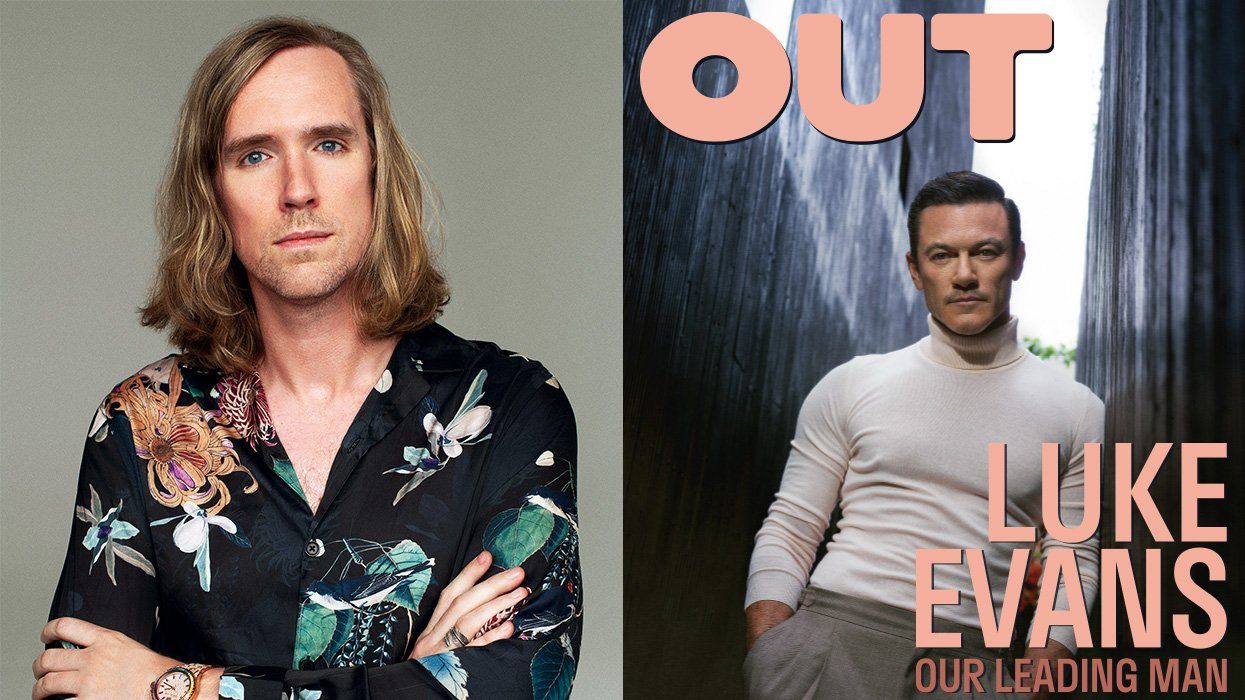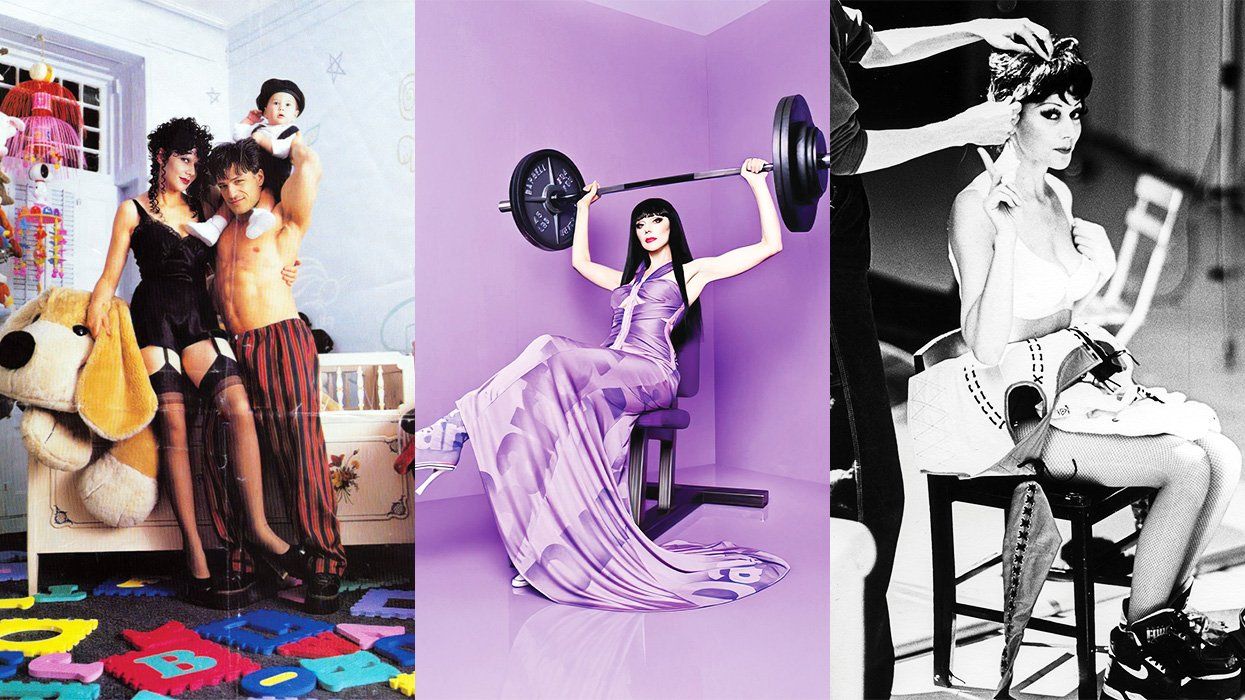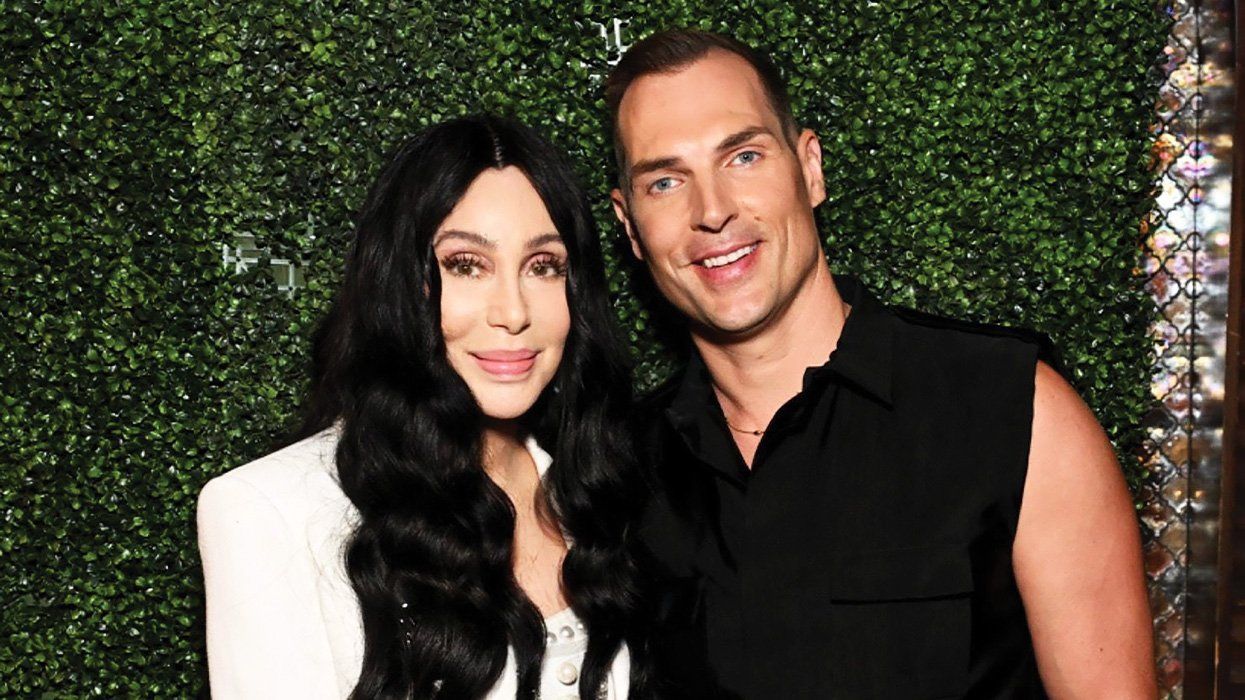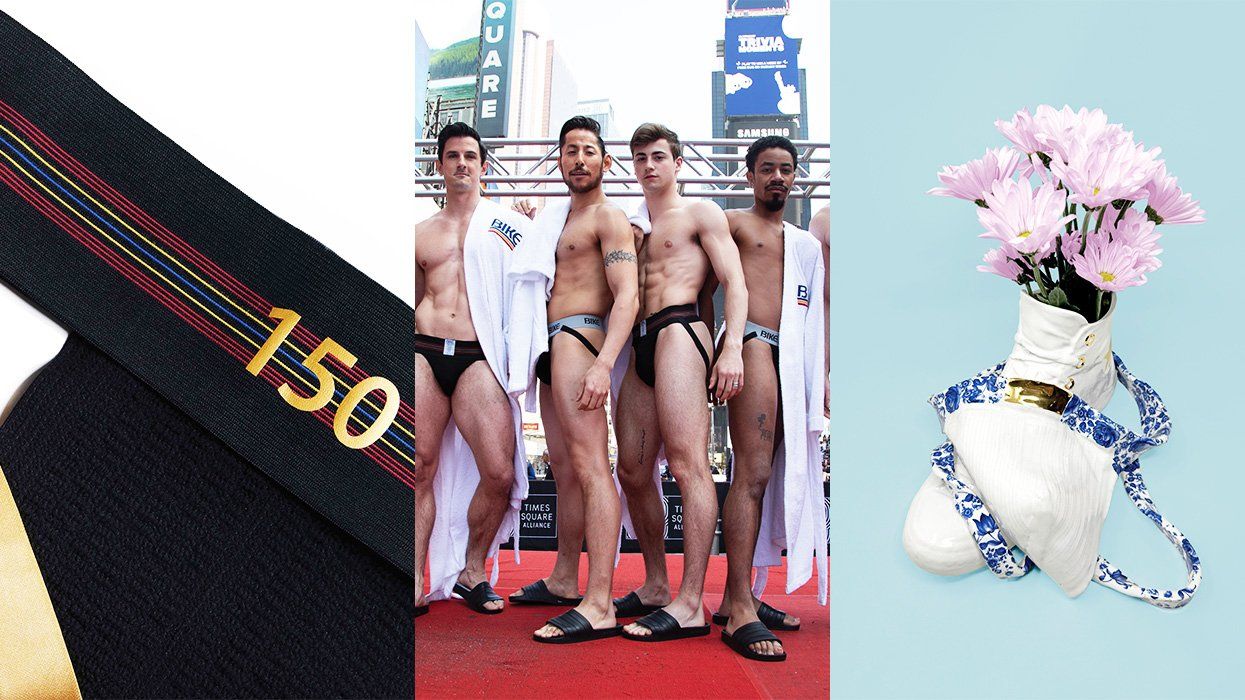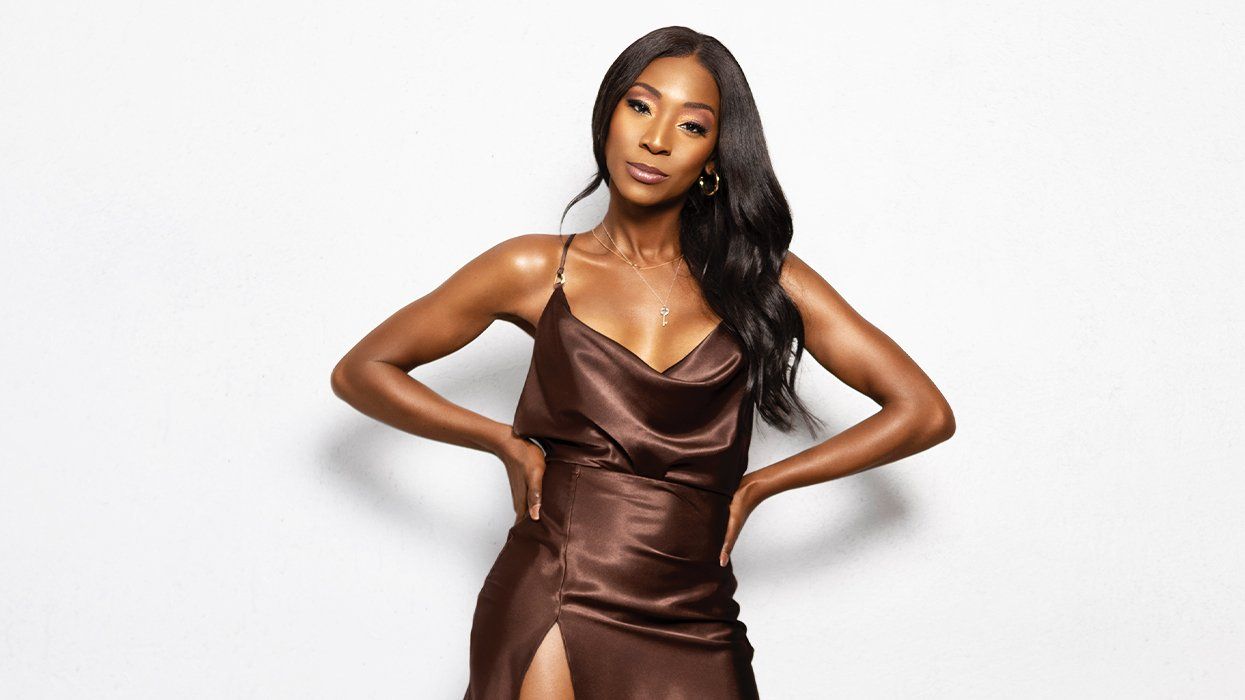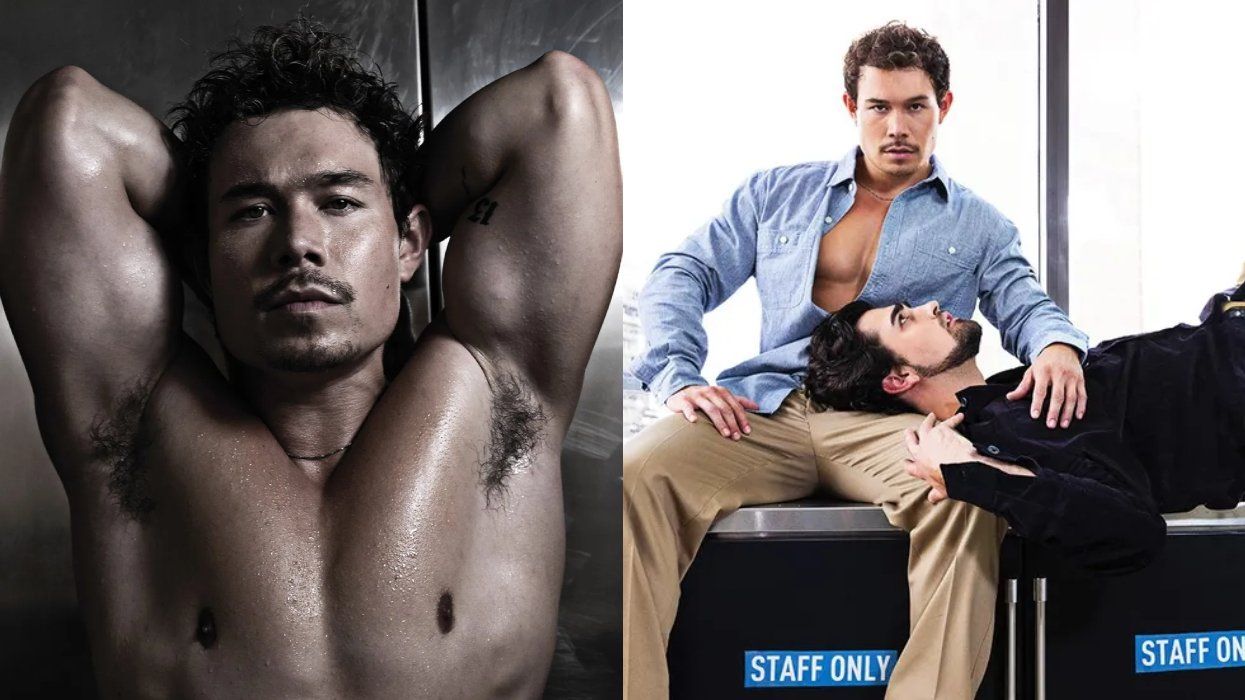Historically, the number of disabled characters created, written, and played by disabled people is razor thin. Despite the fact that one in four Americans has a disability, their lives are seldom reflected on screen. In fact, a 2016 study by Ruderman White Paper showed that only 2 percent of TV characters are disabled and 95 percent of those roles are played by nondisabled actors. But, there's a new sheriff in town.
Ryan O'Connell, the gay and disabled creator, writer, and star of Netflix's Special, the only show about disability that is run by a disabled person who also stars in it, has made it his mission to course-correct Hollywood's "history of loving to profit off the pain of marginalized people," often without actually employing a person from the community.
Born with cerebral palsy, a condition that hinders movement, balance, and motor skills, he was also hit by a car as a young adult. He admits he "rewrote my identity" by allowing people to assume his disability was due to the accident -- this later became a central thread in Special. The show has been praised by critics and viewers alike for its authentic portrayal of a young gay disabled man, also named Ryan, who doesn't tell people his disability is due to cerebral palsy while he's going after the life he wants. Its first season received three Emmy Award nominations, including an acting nom for O'Connell, which was truly a full circle moment.
Shirt by Martin Asbjorn. Pants by Marcelo Burlon.
O'Connell didn't start out pursuing Hollywood dreams. Before Special, he wrote for Vice, BuzzFeed, and The New York Times. A piece for Thought Catalogue led to a book deal and garnered the attention of Jim Parsons (The Boys in the Band). In the piece -- and his 2015 memoir, I'm Special and Other Lies We Tell Ourselves -- O'Connell spoke about allowing others' ableist assumptions on his disability to go uncorrected and his cerebral palsy to go unmentioned. Parsons ended up optioning the book and, with O'Connell, began putting together the show.
In the meantime, O'Connell moved to Los Angeles where he became a writer on MTV's Awkward, and then executive story editor on the Will & Grace reboot. He also wrote for the Beverly Hills 90210 redux BH90210.
Special incited a bidding war but O'Connell was reluctant to sell it to just anyone. In fact, he refused to sell the show to a network, convinced that they would water down his vision, especially when it came to frank depictions of gay and disabled sexuality.
Full Look by Coach.
O'Connell rejected the offers but never stopped pushing forward until Special was eventually picked up by Netflix as a short-format series, with episodes just 15 minutes long -- giving the half-hour scriptwriter one more challenge to overcome. The project's tight budget led to what became brilliant casting decisions, including O'Connell filling the lead role himself. The novice actor admits now, "I think deep, deep down in the recesses of my soul, there was definitely a part of me that was like, 'I wish I could be on camera.' But it definitely wasn't a thought that was alive. It laid dormant for many, many years."
But, O'Connell argues, Hollywood seems to think that now it's gotten its diversity card filled with Special, it needn't go further. He adds that systemic ableism isn't something unique to the entertainment industry. "Society as a whole has an issue with disability. I think disability reminds people of aging, mortality, and general fallibility," he says. There's also an almost inevitability to it: eventually all of us will become disabled if we live long enough. That's "a frightening concept," O'Connell says, especially in an ableist society.
"Not to be like a total liberal socialist about it, but capitalism and ableism are like BFFs," O'Connell explains. "Capitalism is so sewn into productivity and...work, work, work, like push yourself to exhaustion. And that is tied into being able-bodied." Ableist tropes portray disabled people as unproductive, making their existence a de facto threat to capitalism. That's ironic, he argues, because "disabled people are like fucking MacGyvering shit [just] to navigate a world that is not built for us. We're like the most creative, problem-solving people ever!"
Suit by Marcelo Burlon. Shirt by Martin Asbjorn.
Special certainly burst out of the mold despite early disadvantages. In addition to a low budget, a first-time actor in O'Connell (who wrote all the episodes without a writer's room), they also had a talented director in Anna Dokoza, who, despite being an experienced producer, had yet to hone her directing chops. The show has proven that beginning with disadvantages does not doom one to failure, especially when the content and authenticity resonates.
"I've often felt like a Ken doll with my private parts removed," O'Connell argues, pointing out how disabled people have been desexualized historically. It was critical to him that audiences "see the character of Ryan as sexually viable," which led to the show's groundbreaking episode in which Ryan loses his virginity to a sex worker. The realistic, forthright, and hot-yet-caring gay sex scene is also one of the most destigmatizing depictions of male sex work ever portrayed on the small screen.
"It was important to me that that sex scene also feels sexy," O'Connell says. "We are sexual beings," but disabled people have had that "denied from us for so long."
This past year brought new hurdles for O'Connell, including a delay in Special's second season (premiering later in 2021). "Weirdly, in the face of unrelenting dread and anxiety and sadness," he says he was able to produce a lot of work -- he and Parsons are already working on a new half-hour "traumedy" called Accessible. He calls writing "my safe space."
O'Connell also found himself drinking more to deal with lockdown. Although he was "profoundly high-functioning," and his personal and professional relationships never suffered, the creator decided alcohol was a problem, and got sober. "I think our language around sobriety and alcoholic abuse is so limited," he explains. "Our dialogue around drinking...is very much like you either have a problem or you don't. That very binary way of looking at alcohol actually hurts people."
The man who once hid his cerebral palsy is now empowered by it and even embraces some of the slurs traditionally hurled at people like him.
"For me, [using] 'gimp' feels like a reclaiming," O'Connell says. "But if you're not disabled, you absolutely cannot use that word. For me personally, I love saying it because you can tell that there's such an ugliness that lived inside that word, but I want to detoxify it."
Shirt by Martin Asbjorn. Pants by Marcelo Burlon.
Although he acknowledges "representation sweats," the writer says he doesn't get bogged down thinking he has to reflect everyone else's experience. "I really believe that the more specific you are to your experience, weirdly, the more universal your story becomes," O'Connell adds.
Still he is determined to change the industry for disabled people and their stories. No matter what this year brings, one thing is absolutely certain: he isn't satisfied with his own success if it doesn't open more doors for queer disabled people.
"I have this, like, sliver of power," he says. "I want to use it the best that I can, but I will always feel like I could have done more. I want to...shepherd other writers and give them opportunities and help them get their own shows. The whole idea is you want to drop the ladder down and help other people up."
On Jake & Ryan: full look and accessories by Louis Vuitton, shoes by Giuseppe. On Alexandra: dress by Annakiki, jewelry by David Yurman.
This feature is part of a three-part cover story of Out's 2021 Hollywood Issue. Ryan O'Connell is featured on the cover alongside Alexandra Grey and Jake Borelli. It is the first print issue under the editorial direction of editor-in-chief David Artavia. The issue is out on newsstands on March 3, 2021. To get your own copy directly, support queer media and subscribe -- or download yours for Amazon, Kindle, Nook, or Apple News +.
Photography by Easton Schirra, assisted by Danya Morrison.
Styled by Aisha Rae with assistants Angel Cross and Tashie Pollard. Makeup by Dillan Pena. Alexandra's hair by Lisa-Marie Powell. Jake and Ryan's grooming by Sonia Lee.
Art Direction by Ben Ward. Shot on location in Boyle Heights. Special thank you to Jake Noonan.


